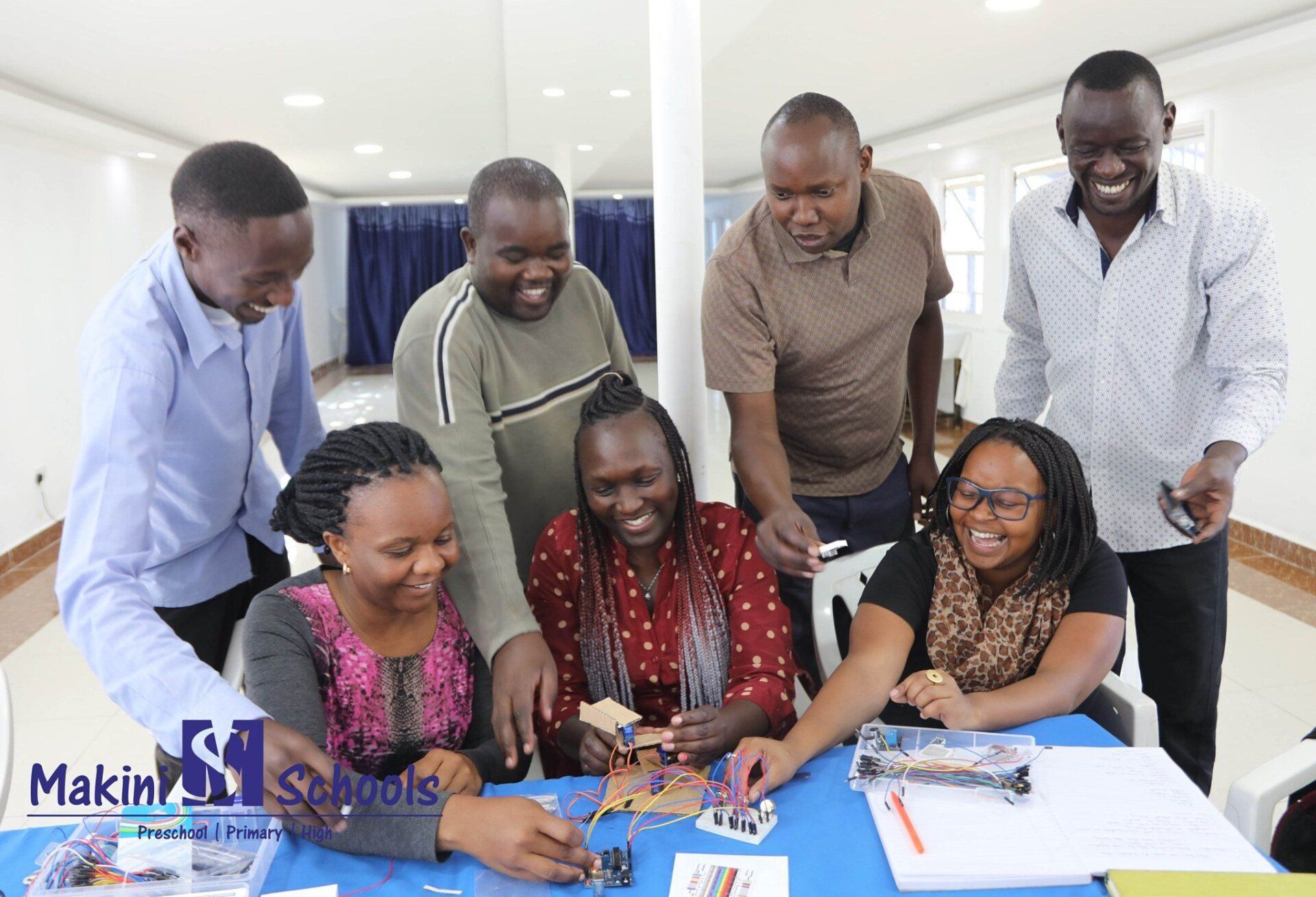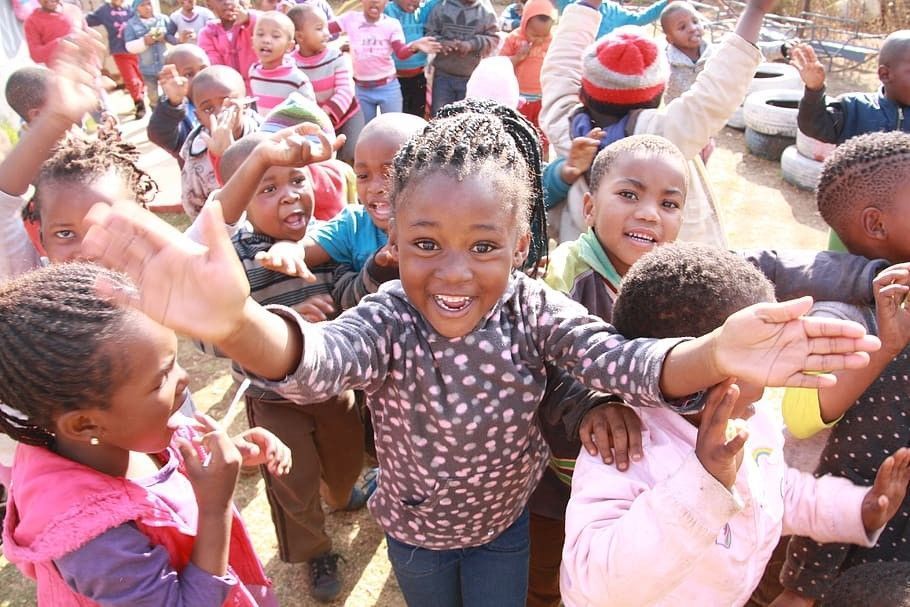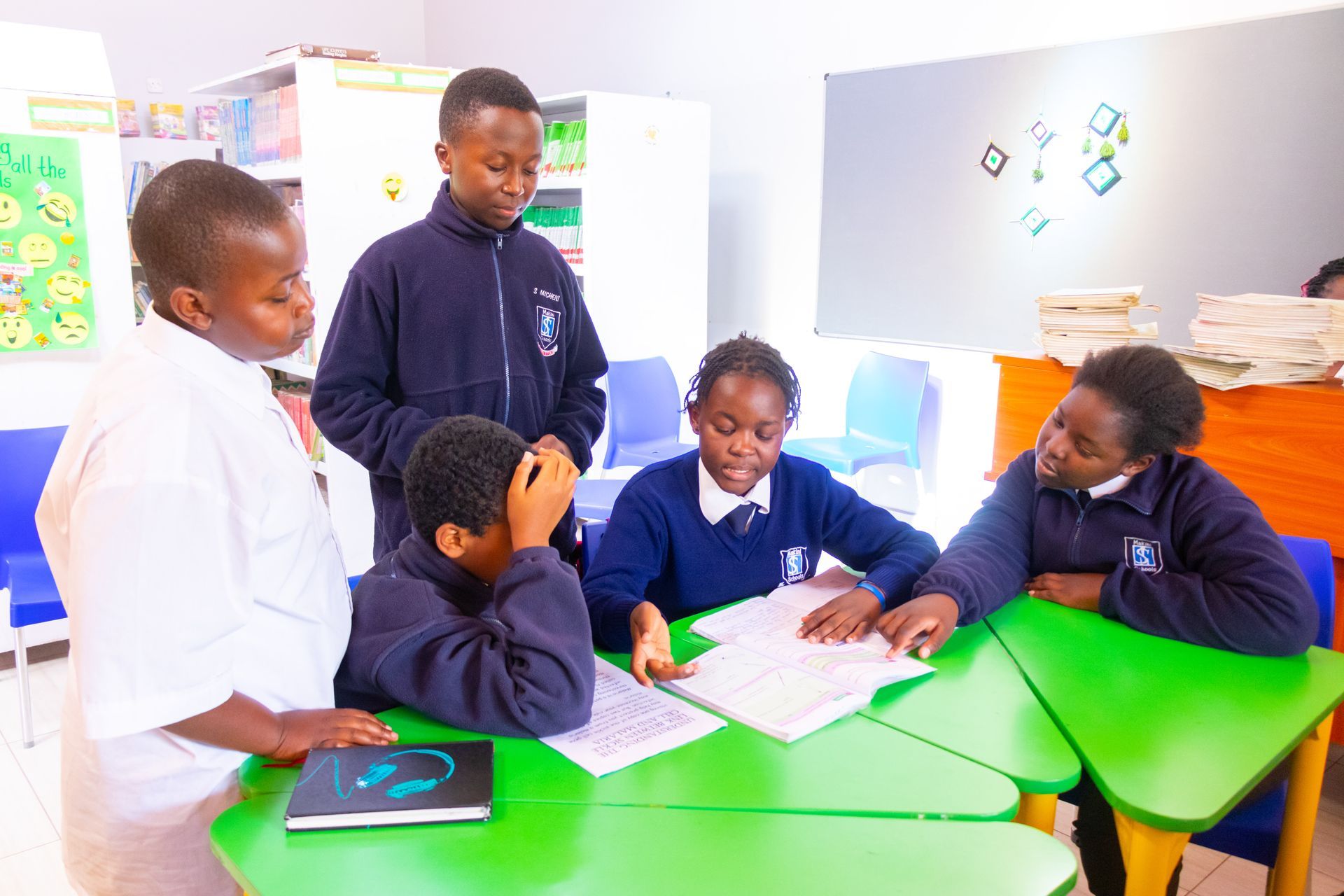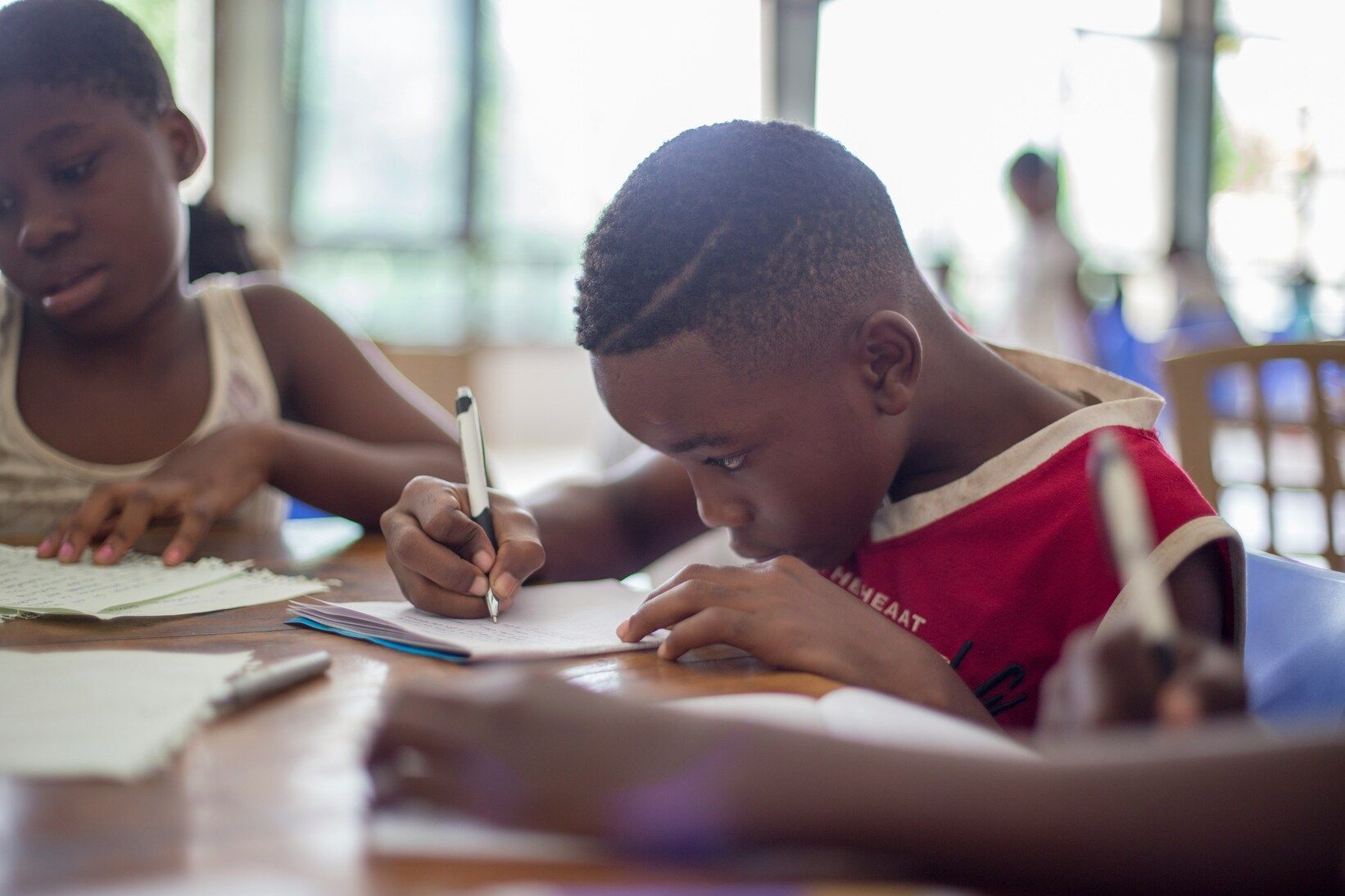Nurturing Empathy: Key to Future Generations Moral Character
‘Empathy is about standing in someone else ‘s shoes, feeling with his or her heart, seeing with his or her eyes”.
“Reflection is the means of processing thoughts and feelings about an activity, incident, or day. It gives us a chance to come to terms with our thoughts and feelings surrounding it”
People who understand how to watch, listen and observe the actions and emotions of those around them are often perceived as the most successful in life. A conscious alignment of one’s self with others starts with the development of empathy in the early years.
In the early years of life from age two to seven, young children are naturally ego-centric and are very much inclined to think mostly about themselves and their immediate needs. They are not yet ready to consider the needs and feelings of others.
Developing a sense of empathy is an important developmental process for young children. It is at the heart of good relationships, and it begins with valuing others and their perspectives.
Teaching empathy might sound strange if you think of it as an inborn fixed trait. We often think of empathy as an attribute that some people are born with naturally, and others lack. But empathy is not an all-or-nothing proposition. It is not something that unfolds automatically, in every situation. It is not even a single ability or skill.
Researchers (Decety and Cowell 2014) have argued, that ‘empathy’ has become a catch-all term for at least three distinct processes:
- Feeling another individual’s emotions (e.g., if you feel scared, it makes me feel scared);
- Reasoning about another person’s perspective (e.g., you “put yourself in my shoes”, and try to imagine what I am thinking and feeling); and
- Wanting to help. Feeling sympathy and concern for someone who is vulnerable or distressed.
Therefore, parents and teachers can cultivate empathy in their children by showing their children how to be empathetic and talking about why it is important.
Learning empathy is like learning a language or a sport, it requires practice and guidance. It has a ripple effect when practised because it becomes a habit that is beneficial for your child’s future thinking.
When you communicate to others your understanding of their point of view with respect to their experience, behaviours and feelings, you teach your children the meaning of empathy. This can be done by:
- encouraging empathy for family and friends by asking your children to think about how they think their family and friends are feeling, or
- why they reacted in a certain way to a certain situation, or
- notice when your child exhibits empathy and tell them you noticed;
- point out when other people around you exhibit empathy and talk about it with your children.
Social learning is very powerful in making your children learn empathy. It will become a reflex that will go a long way, to support a child during their own life experiences. Helping young children to develop a strong sense of empathy is beneficial because:
- It helps them to build a sense of security and stronger relationships with other children and educators, positioning them well for learning;
- It encourages tolerance and acceptance of others;
- It promotes good mental health;
- It promotes social harmony and can reduce the likelihood of bullying;
- Empathetic thinking in childhood flows into adult life.
Empathetic adults may have:
- Greater success personally and professionally;
- Higher levels of overall happiness;
- A better ability to understand others, like customers or co-workers;
- More success in leadership positions;
- More satisfying relationships and be better at dealing with conflict;
- Lower levels of stress.
Empathy challenges your thinking and your emotional connection. It also showcases that you can be understood and that you do not stand alone.
If you need guidance to teach your children to become empathetic, getting the support from a counsellor will assist you to teach yourself and your children this lifelong trait. These traits of empathy promote peace, which is something our children, the future world leaders, are the custodians of. This is because:
- Empathy enables one to know and see different points of views even when these points of view need to be challenged;
- Helps in establishing and developing relationships with people;
- Makes one feel respected and accepted and this helps them to accept themselves and explore their challenges more deeply;
- It gives the person permission to experience themselves as a unique individual rather than by trends or stereotypes. This increases the person’s self-worth thus lowering his or her anxiety and defensiveness.
- Empathy, in drawing one to seek solutions, nurtures problem-solving and innovation. Our children are set to become the change-makers that will transform empathy into action.
Let us make caring a priority in our homes and classrooms.













